There are several ways to measure decentralization (add more if you think of them):
a. Decentralized governance: How decisions about future development of the network are being taken.
b. Decentralized software development: Who contributes to source code development, and who decides which changes get accepted? This is arguably a subset of governance.
c. Decentralized infrastructure: The (number of) parties running the network infrastructure, the diversity of hardware, and the distribution and number of different locations.
d. Scattered/equal token distribution: Who owns how many native tokens on the network?
For instance, while people often claim Bitcoin is the most decentralized, some reply that it isn't because just a handful of mining organizations (often five or fewer) control more than 50% of the hashing power of the network, which is enough to dictate the ordering of transactions. Just three mining pools control 47% of Bitcoin’s hashing power, and just two mining pools control almost 48% of Ethereum’s hashing power. Worse, a very small number of providers build Bitcoin mining hardware, so companies like Bitmain effectively control the Bitcoin network.
How would you say the various coins stack up according to the various metrics?
[link] [comments]

You can get bonuses upto $100 FREE BONUS when you:
💰 Install these recommended apps:
💲 SocialGood - 100% Crypto Back on Everyday Shopping
💲 xPortal - The DeFi For The Next Billion
💲 CryptoTab Browser - Lightweight, fast, and ready to mine!
💰 Register on these recommended exchanges:
🟡 Binance🟡 Bitfinex🟡 Bitmart🟡 Bittrex🟡 Bitget
🟡 CoinEx🟡 Crypto.com🟡 Gate.io🟡 Huobi🟡 Kucoin.
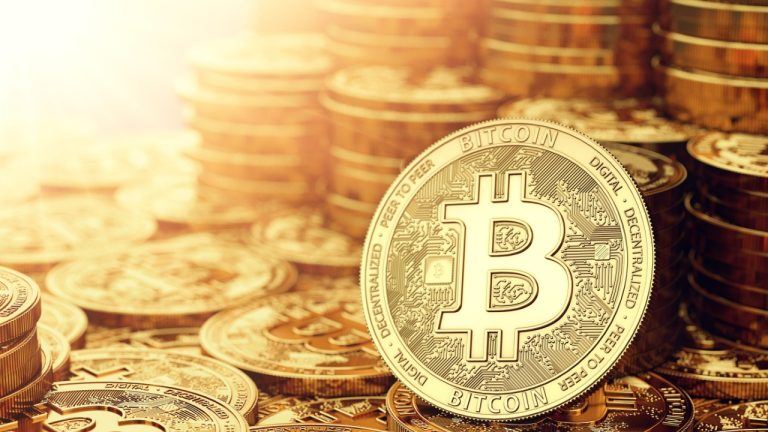

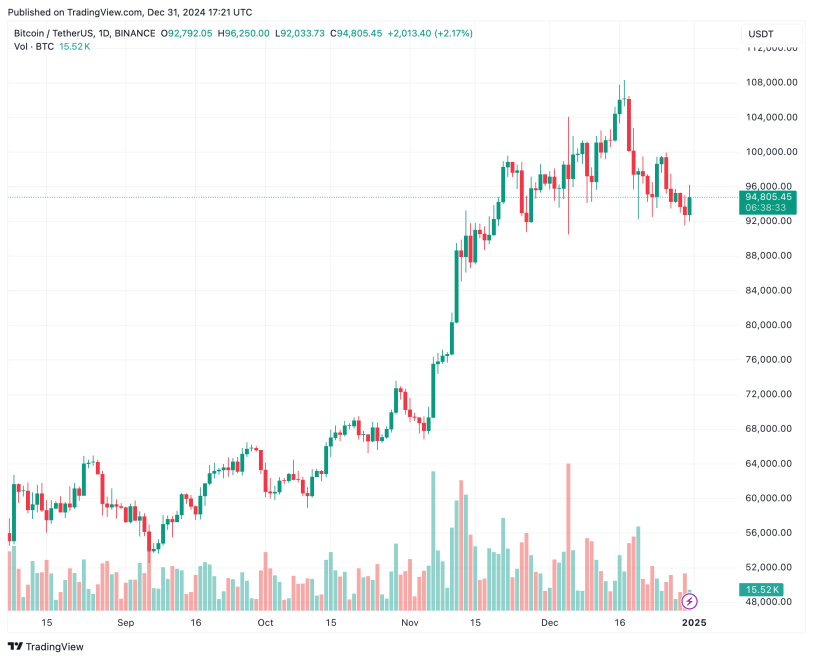


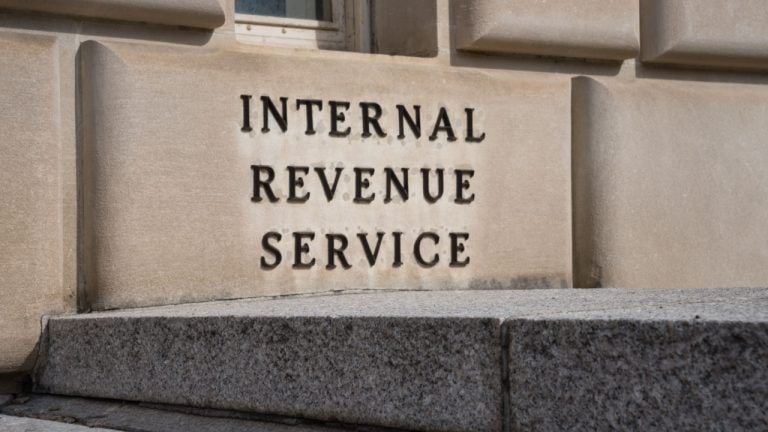






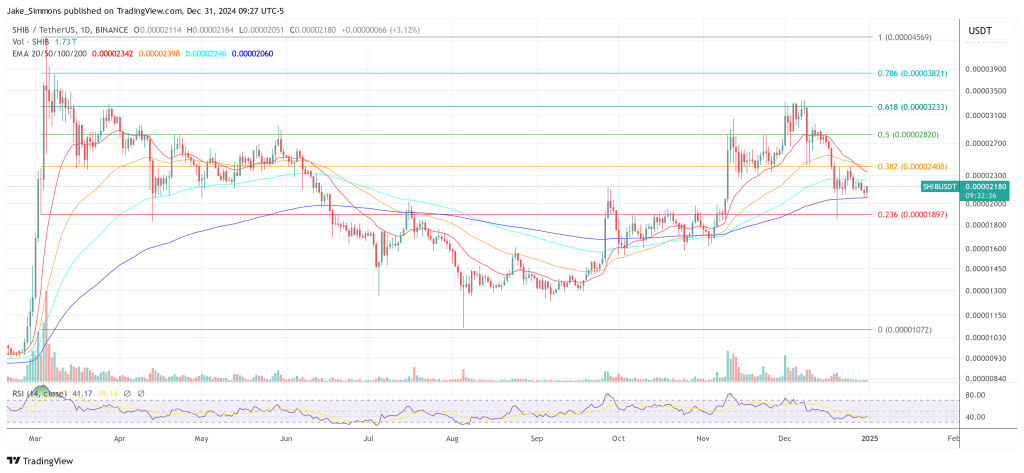

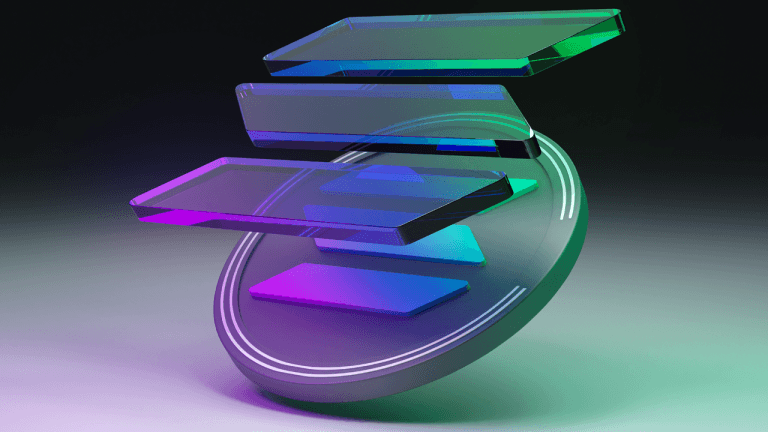
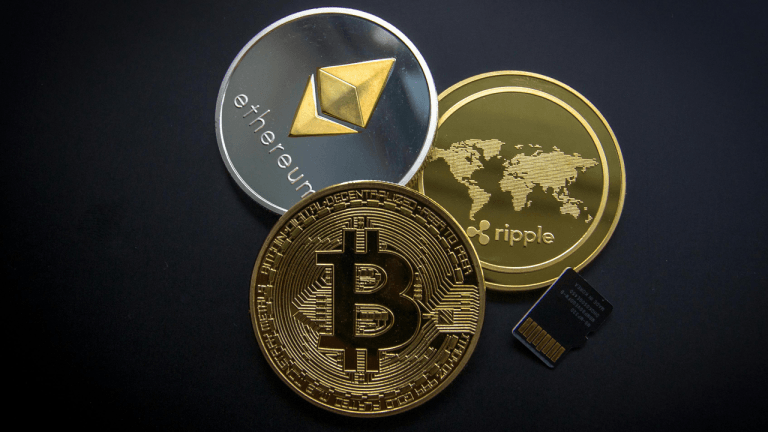



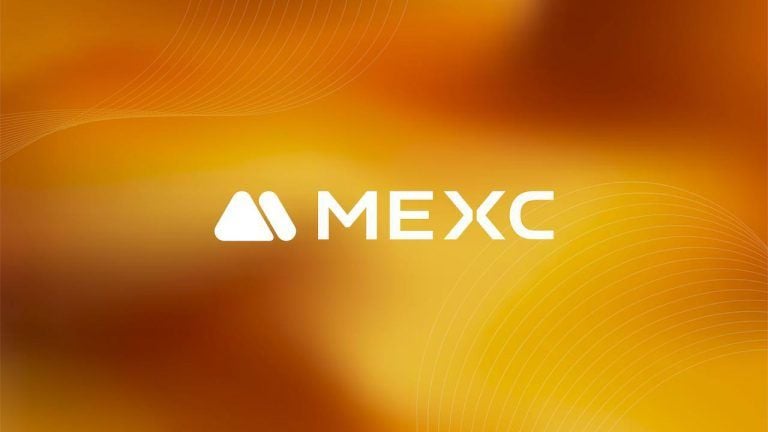
Comments